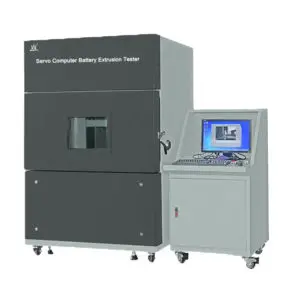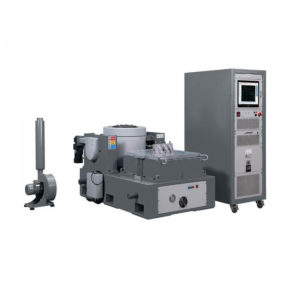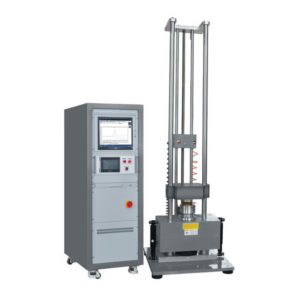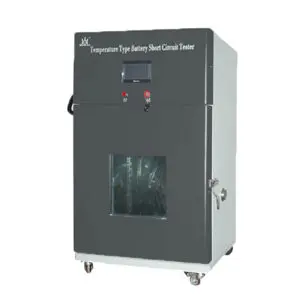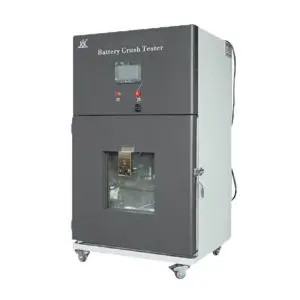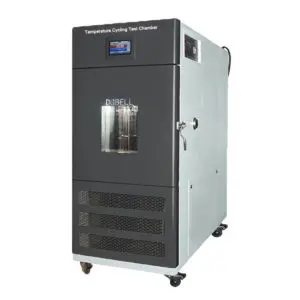What is IEC 62133?
The International Electrotechnical Commission (IEC) was established in 1906 and has a history of 114 years until 2020. It is the earliest international electrotechnical standardization Organization established in the world and is responsible for the international standardization work in the fields of electrical engineering and electronic engineering.
The purpose of IEC is to promote international cooperation in standardization and related issues in the field of electrical and electronic engineering and to enhance mutual understanding between the world. IEC 62133 is an international standard, and various manufacturers produce according to internationally accepted standards.
The IEC 62133 standard is for the safety requirements of cell batteries and battery packs containing alkaline or non-acid electrolytes and portable sealed cell batteries and battery packs.
Which items are mainly tested by IEC 62133?
IEC 62133 mainly tests cells and batteries.
Cell: Continuous low-rate charging, vibration, temperature cycling, external short circuit, free fall, shock (collision), thermal shock, crush, low air pressure, overcharge, forced discharge, high rate charging protection function (lithium system), etc.
Battery: Vibration, shell stress at high temperature, temperature cycling, external short circuit, free fall, impact (collision), etc.
What machines are required by the IEC 62133 standard test? What’s the use of separation?
Thermal Abuse Test Chamber: Simulates the safety of batteries in extreme environments, requiring a temperature increase of 5 degrees ± 2 degrees per minute, up to 130 degrees. However, because the temperature will be as high as 130±2 degrees, so this link is relatively easy to fail link.
Servo Computer Battery Crush Tester: Artificially simulate the various performances of batteries in the daily crush, we provide hydraulic models and servo models, but if the funds are sufficient, I recommend you use the servo model because the data of the servo model is higher than the hydraulic model. It will be more accurate, and you can also control the speed through the computer.
Battery Internal Short Circuit Tester: This part of the short circuit test, DGBell is divided into two types, one is for a battery test, and the other is for a cell test.
- Battery: According to standard requirements, store in an ambient temperature 55℃ ± 5℃. The battery pack is then short-circuited by connecting the positive and negative terminals with a complete external resistance of 80 mΩ ± 20 mΩ. The battery pack remains on test for 24 h or until the case temperature of battery pack declines by 20 you look after the utmost temperature rise, whichever is that the sooner. However, just in case of rapid decline briefly circuit current, the battery pack should remain on test for a further one hour after the present reaches a coffee end steady-state condition. This typically refers to a condition where the per-cell voltage (series cells only) of the battery is below 0,8 V and is decreasing by but 0,1 V in a 30-minute period.
- Cell: According to standard requirements, store each fully charged battery at an ambient temperature of 55°C±5°C. The battery pack is then short-circuited by connecting the positive and negative terminals with a complete external resistance of 80 mΩ ± 20 mΩ. The battery pack remains on test for 24 h or until the case temperature of battery pack declines by 20 you look after the utmost temperature rise, whichever is that the sooner. However, just in case of rapid decline briefly circuit current, the battery pack should remain on test for a further one hour after the present reaches a coffee end steady-state condition. This typically refers to a condition where the per-cell voltage (series cells only) of the battery is below 0,8 V and is decreasing by but 0,1 V in a 30-minute period.
Vibration test system: Simulate the environment during the execution, manufacturing, assembly, transportation, and use stages, and to determine the ability of the product to withstand environmental vibration.
Shock Test System: This test is meant to determine whether or not the electric energy storage assembly can withstand a mechanical shock that may occur when in use in an electric vehicle.
Battery Drop Tester: Drop according to the height in the standard to test whether the battery will explode.
Temperature Control Battery Short Circuit Test Chamber: No open flame or explosion after testing the battery short circuit test.
Battery Crush Test Chamber: Each fully charged battery charged at the upper limit charging temperature specified in the standard, is immediately transferred and crushed between two flat surfaces at an ambient temperature. The force for the crushing is applied by a hydraulic ram exerting a force of 13 kN ± 1 kN. The crushing is performed in a manner that will cause the most adverse result.
Temperature cycling test chamber: Expose the battery to a preset test environment with alternating high and low temperatures. To avoid the impact of temperature shock, the temperature change rate during the test must be less than 20°C/min. At the same time, to achieve the effect of creep and fatigue damage, it is recommended that the test temperature cycle is 25 °C-100 °C or a cycle test of 0 °C-100 °C may be used according to the application of the product, and the exposure time is 15 minutes each.
It is worth noting that these tests are not in order, and each battery test is independent. However, each test requires the use of new batteries, which cannot be used in other tests. After completing this set of battery tests, if the data meets the requirements of IEC 62133, then your battery complies with IEC 62133 standards, which means that your battery quality is reliable and can be sold around the world.


